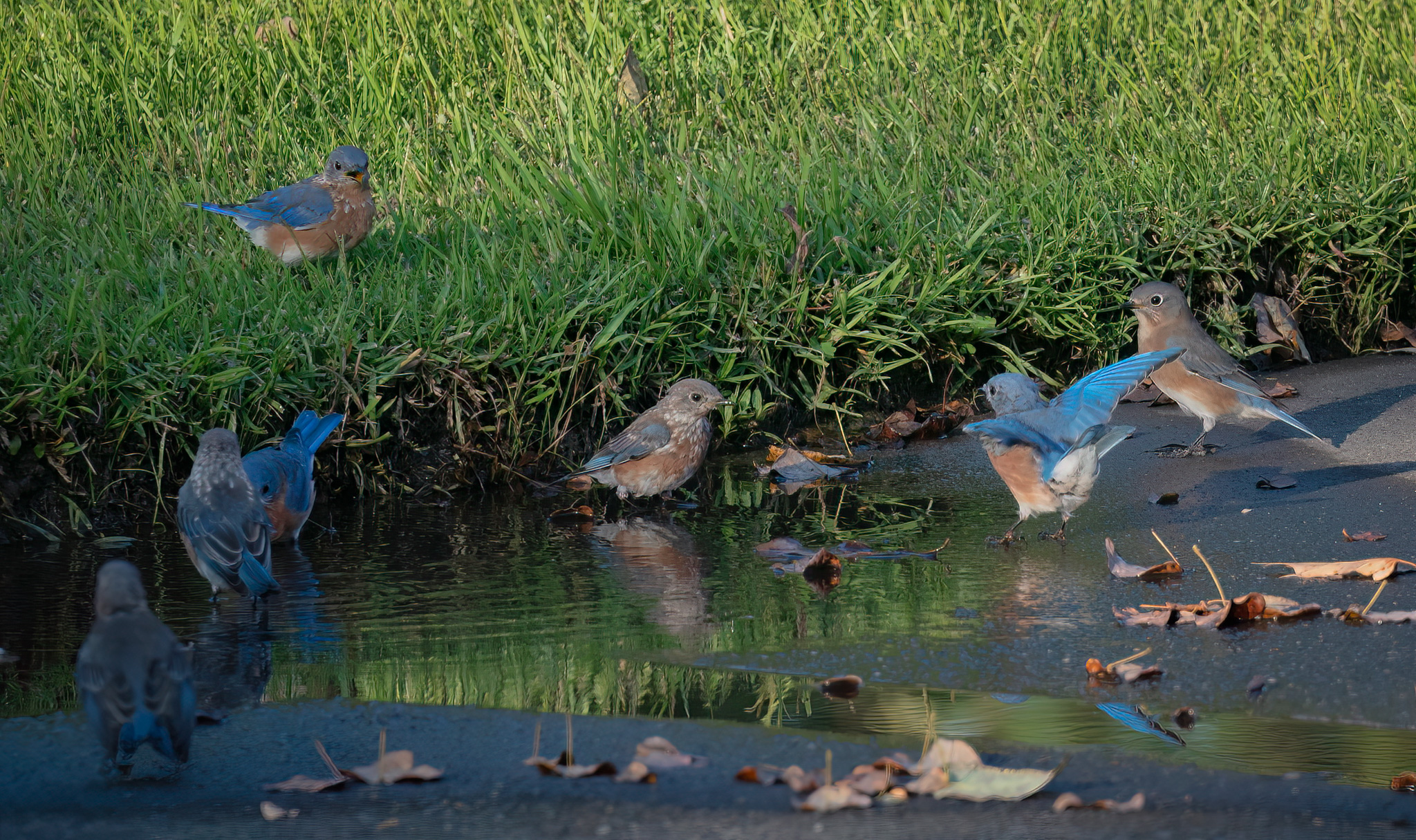
“Go out and play.”
That’s what I wanted to hear in the past few days, weeks, well, months.
I wanted to let go of being an adult. For just a moment, I longed to forget about the news, responsibilities, and all the pain in the world.
Remember when your mother urged you to go outside in the sunshine? Maybe you ran to the swings or drove your trucks through the sand. If you were lucky, you had a tree to climb or a creek to explore.
What if you told your grown-up self to take a few moments and —play?
I challenge you to reconsider your grown-up stance on play and view the world again through your childlike wonder.
Three good reasons to play
No. 1 Play fuels our creativity.
Adults who embrace play experience less stress, cope with stress more effectively, enjoy their lives, and experience more positive outcomes. Playfulness gives way to novel ideas. Novel ideas become the gateway to novel solutions.
Solutions that we might otherwise miss. We become blinded by our staid and even stagnant thinking.
Scott Barry Kaufman and Carolyn Gregoire argue, “that we are all, in some way, wired to create and that everyday life presents myriad opportunities to exercise and express that creativity.” Cooking, gardening, knitting, inventing, accounting, and anything else you can imagine become gateways to releasing our inner spirit of playfulness and creativity.

No 2. Play protects our mental health.
The opposite of play is not work. Life without play is depression.
Dr. Stuart Brown, the founder of the National Institute for Play, studied the lives of Texas murderers. He discovered a common thread among these individuals. They all suffered from play deprivation in their childhood. His subsequent studies have demonstrated a strong correlation between play and our mental health and wellness.
Neotony, the retention of immature qualities into adulthood, makes human beings one of the most adaptable species. As we face stressful times, play can relieve stress and build resilience. A game or two will also keep you younger, a bonus.
If you hear someone at your door calling, “Do you want to build a snowman?” I suggest you gear up and have some fun.
No. 3 Play strengthens relationships
Play is a powerful tool for building and maintaining relationships. I don’t have to look far as I watch adults laugh and challenge each other in all sorts of games.
Playing a game together actually builds up bonds and trust, and cooperation. We actually build stronger social relationships as a result.
—Jane McGonigal
We host a family party and set up games like Jenga and bean bag toss. Adults and children engage with equal vigor and competitiveness. Monopoly may bring out the worst and best in us, but the laughter along the way keeps us coming back for more.
Play brings us together and creates shared memories and trust. Play at its best adds joy and vitality to our relationships in families, among friends, and with colleagues at work.

The Challenge
Take time each day to play.
My husband and I find excuses to go out and play. These outings might be a walk in a state forest, a trip to a museum, or a day at the beach.
Even when life challenges our “playtime,” we look for brief outings to revive our spirits. Sometimes, a quiet hour on the swing in the evening beats any activity. A brilliant sunset adds unexpected delight.
If you have no idea where to begin, I found a great Help Guide. Here are three to get you started:
- Surround yourself with playful people. Spontaneity among friends gives a sparkle to even the most mundane of activities.
- Learn a skill or craft. Invest in art supplies, construction toys, or science kits and create something new. I tried loom knitting. The output is nothing spectacular, but I tried and had a little fun.
- Play an instrument. When I feel myself becoming too serious and stuck in my thinking, I grab my guitar or sit at the piano and sing. That’s my go-to remedy for most of life’s challenges.
And finally, George Bernard Shaw offers this wisdom:
We don’t stop playing because we grow old;
we grow old because we stop playing.
Anytime is time to play
Playful words
Play matters because people matter. It reminds us of our interdependence and gives us a chance to really see other people. And in turn, to be really and truly seen.
—Jill Vialet, Founder of Playworks
And always—
Be kind. Be brave. Be you.

Writing Is Fun © Kathryn LeRoy
All photos © Kathryn LeRoy



Leave A Comment